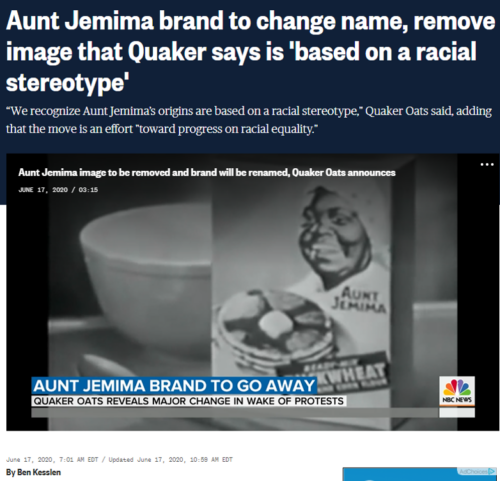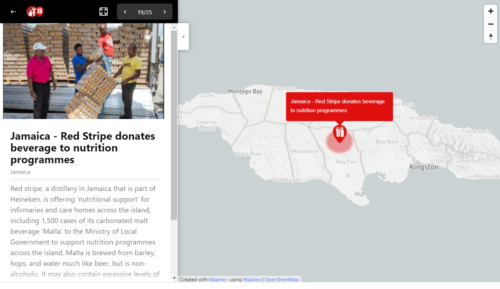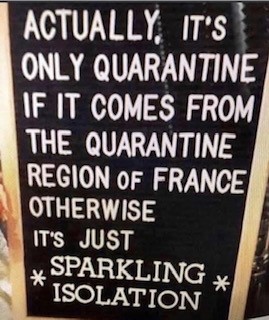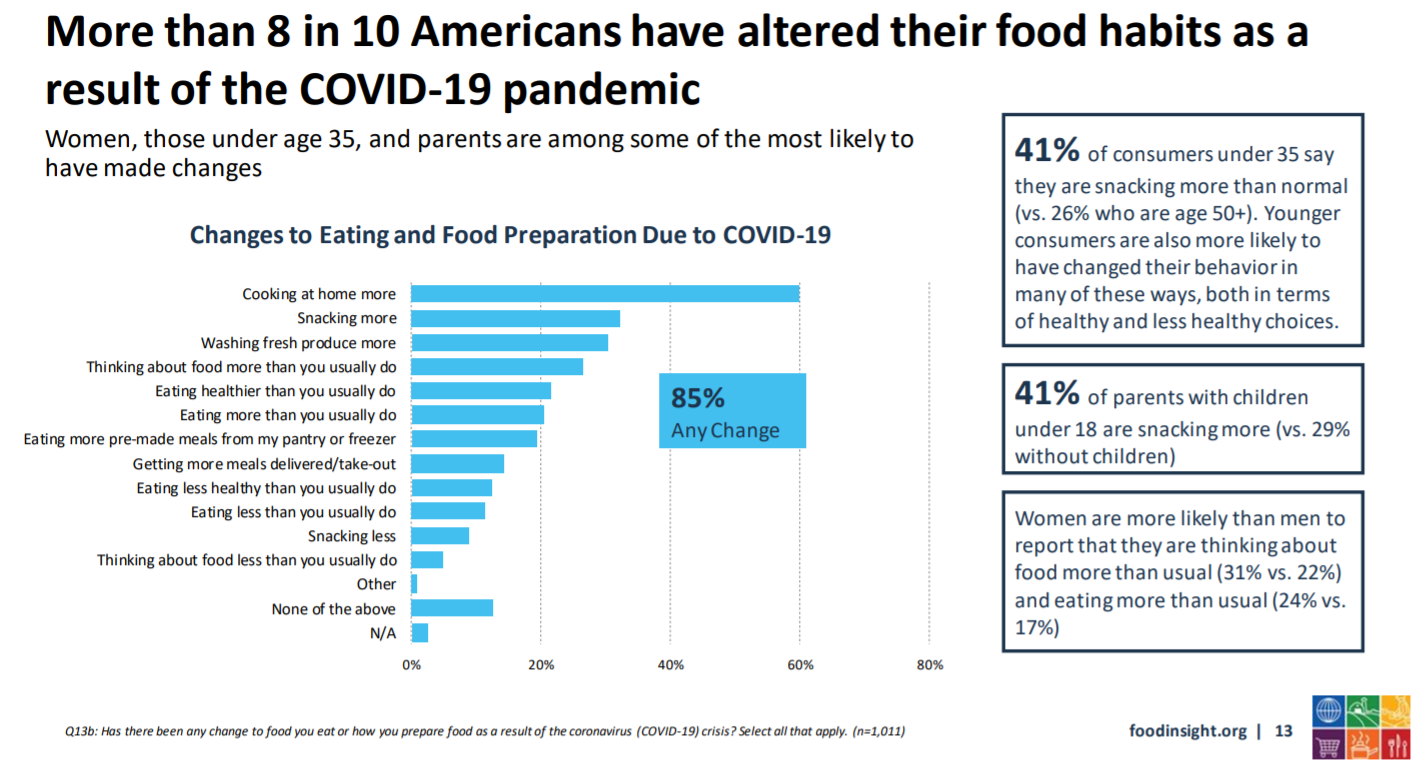I know this is a burning question:
Has coronavirus changed how much alcohol Americans are drinking? New research looks at what impact stay-at-home orders and conditions during the COVID-19 crisis have had on American alcohol consumption.
The survey, which included 1,000 American adults and was carried out by APCO Insight, showed 35% of Americans are drinking about the same despite stay-at-home orders and 28% are drinking less. This includes 11% who say they have stopped drinking entirely.
Not being able to go out and bars and restaurants being closed are the top two reasons for drinking less, with 38% and 33% of respondents citing these factors respectively.
This last is bad news for the alcohol industry, which expects beverage alcohol to take five years to rebound from the coronavirus.
Total global alcohol consumption, boosted by increases in beer and RTD [ready to drink] products, grew by +0.1% in volume and +3.6% in value in 2019. But the near complete shutdown of bars and restaurants across the world for several months this year has set the category back dramatically. While there has been an uptick in liquor retail and ecommerce, this has not been enough to offset the losses in the on-trade….this will lead to double-digit declines in 2020, which will take until 2024 to recover to 2019 pre-Covid-19 levels. In the US and UK, this is likely to take even longer.
Will there be fewer auto accidents, less domestic violence, and reductions in other alcohol-related problems? The data should be coming in soon.
Addition, June 21
Several readers wrote to complain that I did not give enough information about these articles. In particular, David Jernigan, a professor at Boston University’s School of Public Health, said there is a lot as yet unknown about alcohol consumption right now,
But the source I would not go to is responsibility.org – they are a wholly owned unit of the Distilled Spirits Council of the Untied States (DISCUS), one of the leading alcohol industry trade groups…from the coverage of it in your blog and the link to the story on it in BeverageDaily.com, there are some obvious problems with their findings:
First, it looks like they asked people “do you drink responsibly?” as opposed to objective measures. There are much better ways to measure drinking behavior and I would not expect reliable findings from such a vague question.
Second, even their survey finds that prevalence of drinking has increased – up from 71% in the past month last year to 79% in the past month in the same period this year.
Finally, the article on this in BeverageDaily.com, to the author’s credit, asks and reports on how the survey figures match up with sales figures. The answer is they don’t. Off-premise sales are generally about 75% of sales volume. IRI reports that retail alcohol sales in the US “remain elevated” through 13 May, when they were up 34.2% compared to the same period last year. Only frozen foods have performed comparably. Nielsen figures say the same thing – total alcohol sales up 16% during the overall lockdown period compared with 2019. Spirits has been the biggest winner (up 27.4%), which suggests that people are maximizing purchases for alcohol content.
On-premise sales per outlet are down 68%. If you do the math between the two sectors, this adds up to about an 8.5% increase in sales overall. Add to this that people are most likely buying more for cheaper (more 24-packs of beer and boxed wine, according to Nielsen, in addition to spirits, the category with the highest alcohol content, seeing the largest sustained increase), and it starts to give a more accurate picture than DISCUS’s survey.
We won’t know for sure what has happened until the more accurate public health surveys come back from the field. However, as of early April, 18 of 22 police departments asked by NBC News about domestic violence calls indicated they were up substantially – a canary in the coal mine?
I am grateful to professor Jernigan for taking the trouble to write and even more for providing this information. The alcohol industry has a long history of manipulating research in its own interests. It’s always good to remember that this industry’s purpose is to sell as much booze as possible to as many people as it can, while public health efforts are aimed precisely at the opposite.
Populations with the lowest overall intake of alcohol on a population basis, are those that also have low levels of alcohol-induced social problems: car and other accidents, domestic and other violence, and problems with work, intimacy, and mental and physical health.







